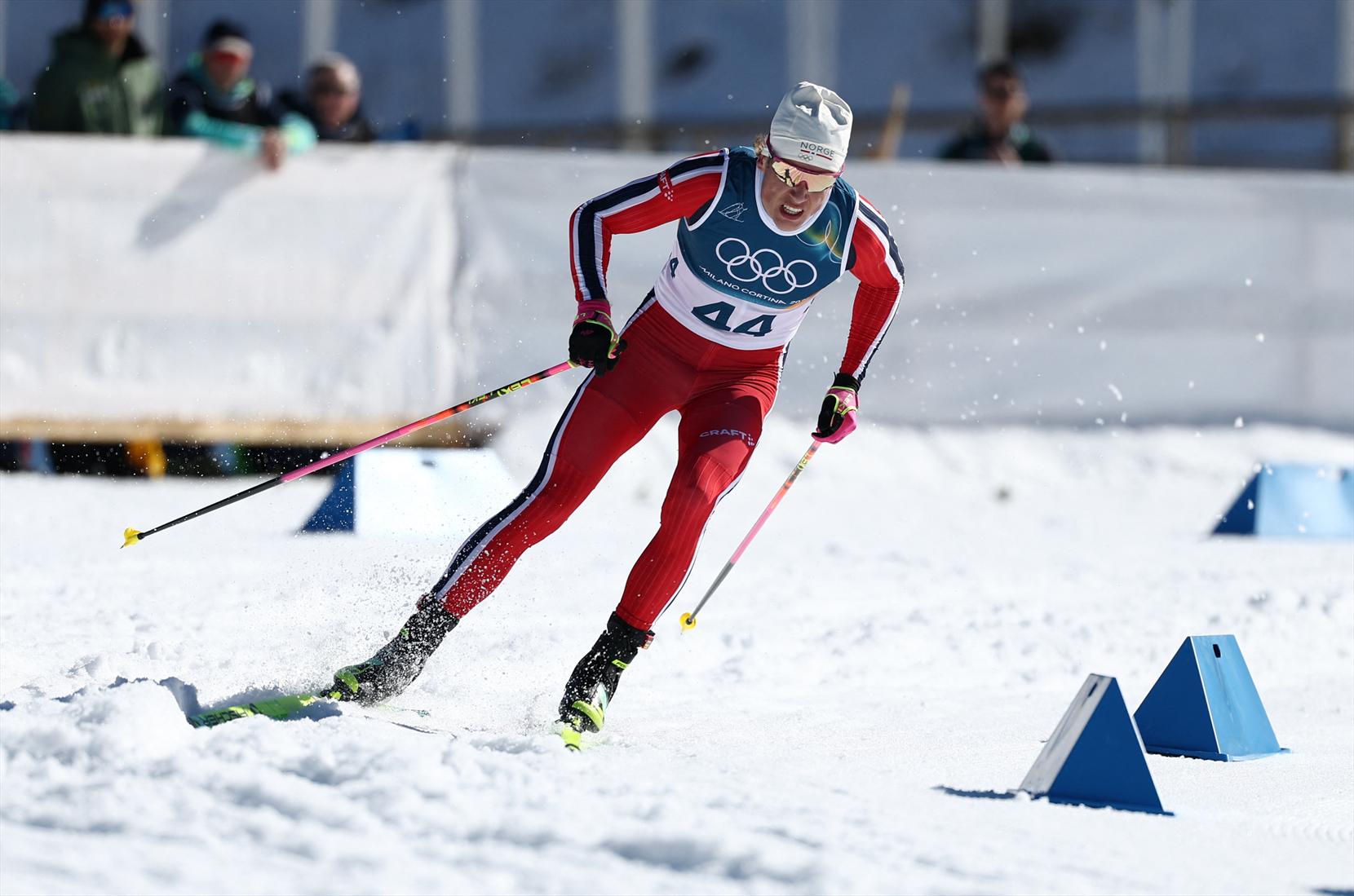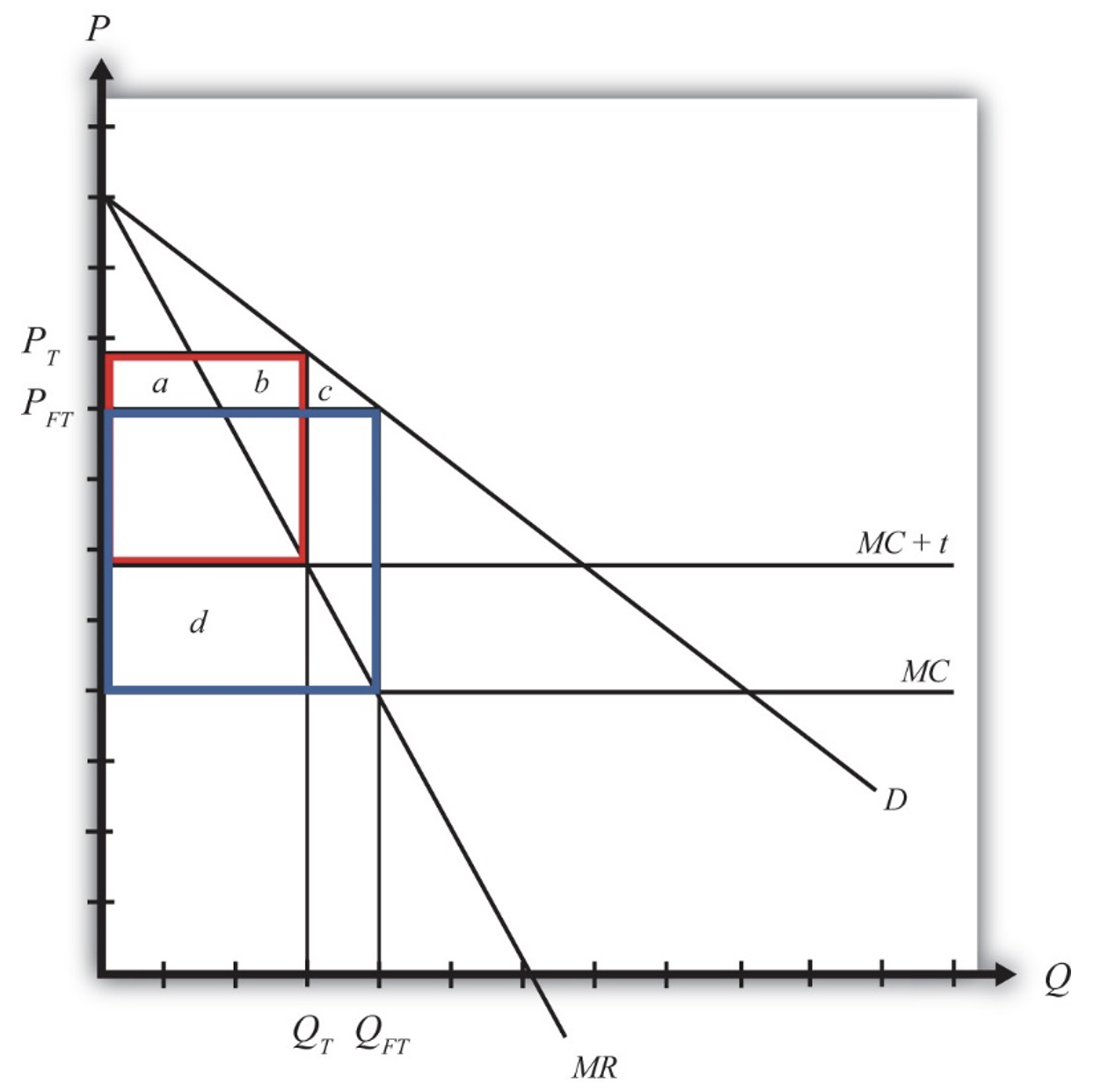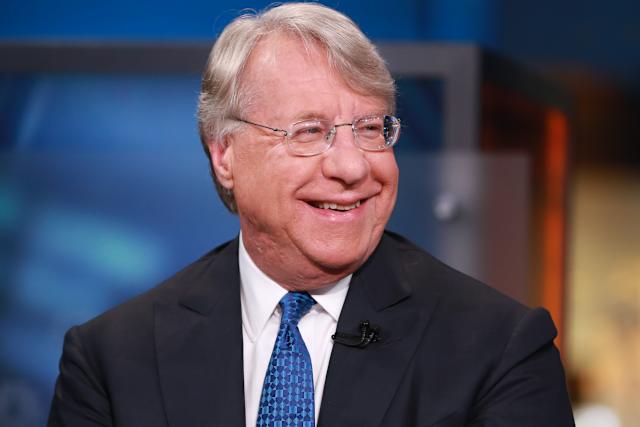Follow our live coverage of the 2023 N.F.L. draft.
GAINESVILLE, Fla. — Anthony Richardson chuckled as the football puttered to the ground.
He had launched a high-arcing pass near the end of the University of Florida’s pro day, a March workout in front of scouts from all 32 N.F.L. teams, but the ball crashed into the ceiling of the practice facility instead of into his receiver’s arms. The heave may have missed its target, but it displayed Richardson’s powerful arm during the job audition.
“You always have to find joy and happiness in every situation, so I just wanted to joke and laugh about it,” Richardson, 20, said in a phone interview this month.
The display encapsulated the scouting report on Richardson, who is projected as a top-10 selection in the N.F.L. draft: jaw-dropping talent, erratically deployed. The combination earned him the dreaded “project” label, a euphemism scouts dole out to athletic quarterbacks who are expected to need help discerning how to lead an N.F.L. offense.
The label has dogged quarterbacks before, players who, like Richardson, exhibited intriguing talent but whose college careers did not quite inspire scouts’ confidence that they would immediately be successful as pros. Trey Lance fielded questions about quality of competition and lack of starts before the San Francisco 49ers made him the third quarterback selected in the 2021 draft. Malik Willis faced similar scrutiny coming out of Liberty in 2022, when he slipped to the third-round pick of the Tennessee Titans.
Though the “project” label stuck to future Pro Bowl passers like Lamar Jackson and Josh Allen in 2018, it can land more frequently on Black quarterbacks.
“That kind of language unintentionally plays into a dehumanizing logic,” said Ben Carrington, a sports sociologist and professor at the University of Southern California, adding that the term can be particularly fraught when used to describe African American quarterbacks, whose careers have historically been stunted by the racist beliefs of white team owners and coaches that they could not grasp the technical elements of the position.
“It also kind of undermines the agency of the athletes themselves to be in control of their own destiny,” he said.
Before he is tested by an N.F.L. defense, Richardson will first need to face down that label.
“A lot of people say I have a ‘high ceiling,’ but if I don’t put the work in, then I’m not going to reach that ceiling,” Richardson said. “If I don’t put the work in, none of this matters.”
He finished his workout with his trademark backflip, effortlessly launching his 6-foot-4, 244-pound frame in the air as he had during game day warm-ups during his only season as Florida’s starter, in which he completed just 53.8 percent of his passes as the Gators went 6-7.
Ahead of the pro day, Richardson ran the 40-yard dash in 4.43 seconds at the scouting combine — the fourth-fastest time recorded by a quarterback since 2006 — and had the highest vertical jump (40.5 inches) since 2003, further enthralling N.F.L. decision makers.
“There are plays and throws all over the tape that scream top-of-the-draft pick,” said Frank Reich, the coach of the Carolina Panthers, who are expected to take a quarterback with the No. 1 overall pick. “Obviously his completion percentage is lower than you want at this level. But I don’t get too discouraged at things like that. I see a lot of upside.”
A two-game span last season exemplified the highs and lows of Richardson’s on-field performances so far.
After Florida’s 29-26 win against Utah in the season opener, the typically introverted Richardson smiled big as he discussed the win with reporters. His three rushing touchdowns, 274 total yards and acrobatic 2-point conversion — he pump-faked and spun past two defenders before throwing a pass into the end zone — had Richardson answering their postgame questions excitedly in his distinctive low voice.
One week later, after Richardson threw two costly interceptions in Florida’s 26-16 loss to Kentucky, he approached the podium appearing downtrodden. Later he told those closest to him that the drastic emotional swing between games affected his confidence.
“I didn’t know how stressful it would be to be a starting quarterback for a big university like that,” Richardson said in an interview. “I thought it would be like it’s always been for me like in high school or Little League where I could handle it. But I realized I couldn’t do it on my own.”
Richardson was a latecomer to high-pressure football, having flip-flopped at receiver and quarterback early in his freshman season at Eastside High School in Gainesville, which hadn’t had a winning season since 2008. He took over midway through that season and piled up 6,266 total yards and 78 touchdowns over his high school career, but played in only one playoff game.
Richardson balanced football and basketball practices with caring for his brother, Corey Carter, 13, after school while his mother, LaShawnda Cleare, sometimes juggled three jobs. Richardson rarely complained and said his mother’s situation instilled a strong work ethic in him.
Even then, Richardson’s eye-popping talent drew coaches’ attention. He started working out with Denny Thompson, a private quarterback coach, after Richardson’s high school coach flagged the teenager in the 10th grade. Thompson said he needed to see Richardson throw just three passes at a public park to know “there’s something special here.”
But Thompson said he did not realize how much pressure Richardson had been carrying until after that loss to Kentucky. He spotted Richardson playing catch with a group of children afterward in a Ben Hill Griffin Stadium parking lot in Gainesville long after the cars had moved. The next day, the quarterback called Thompson to vent. He apologized for his poor performance because he felt he had let down those who supported him.
“It hit me that, ‘Wow, this guy is playing for a lot of people,’” Thompson said. “He cares about a lot of people, especially ones that he trusts, and I think there was a lot of disappointment in himself.”
Richardson had been recruited to Florida by Dan Mullen, who was fired as coach during the 2021 season, and Brian Johnson, the offensive coordinator, who joined the Philadelphia Eagles’ staff in 2021. Billy Napier took over as Florida’s coach in 2022, and he and Richardson hit the ground running with a new offensive system that the quarterback said became comfortable as the year progressed.
“I think sometimes from a quarterback perspective, you get too much of the credit and you get too much of the blame,” Napier said. “I think his experience was a little bit of a microcosm of our team’s experience.”
O’Cyrus Torrence, a Florida offensive lineman, said Richardson was usually upbeat in the locker room despite the turmoil and commanded respect in the huddle.
“He never sounded nervous or anxious, just a calm temper and mood, but he was assertive in what he said,” Torrence said.
With potentially six N.F.L. teams needing quarterbacks at the top of this year’s draft, which begins on Thursday in Kansas City, Mo., Richardson, a redshirt sophomore, was projected as a first-round pick despite his rocky record. In December, he declared he would leave school.
Focusing on his football future, he moved to Jacksonville, Fla., to work out at Thompson’s gym under another quarterback coach, Will Hewlett; Thompson; and Tom Gormely, a sports scientist and owner of the Tork Sports Performance facility in nearby St. Augustine. Gormely targeted the combine testing numbers of N.F.L. quarterbacks similar to Richardson in size and athleticism — guys like Cam Newton and Jalen Hurts — and Richardson focused on improving his data.
Knowing that those numbers alone wouldn’t satisfy football executives whose jobs rely on successfully betting on a player’s acumen, the trainers also had Richardson work on his accuracy with throwing sessions on at least four days per week. Together they addressed problematic aspects of his throwing motion — mainly getting him balanced on both feet when he throws and reaching proper alignment in his upper and lower body when his torso rotates.
The tedium unnerved Richardson at times. Hewlett remembered one day in January when Richardson worked on throwing 12-to-18-yard out-breaking routes. The quarterback’s hips and footwork were unaligned and the ball kept arriving off target. Richardson’s facial expression and uneasiness showed he was aggravated, so Hewlett ended the session early.
Hewlett and Richardson had no prior working relationship, and the quarterback didn’t engage in much small talk during their early film sessions. But two things helped Richardson trust the process.
First, Hewlett came to the next day’s session and helped Richardson with how he distributed his weight as he dropped back. It fixed the quarterback’s throws.
“From then on, whenever it was time to make a correction, if it didn’t work right away, he was way more confident in working through things,” Hewlett said.
Second, the team of trainers gave Richardson a warm-up routine that involved throwing deep passes early because Gormely saw that once Richardson’s arm was loose he’d throw short passes with less velocity and more touch. Given his power, they anticipated that Richardson might overshoot a receiver during his pro day workout, but they told him not to be hesitant and to unleash his arm.
“We knew on that ball the goal was really to let his arm eat, and it just so happened to hit the top of the roof because it was too small for him,” Gormely said.
Richardson completed his formal draft preparation process after Florida’s pro day and spent April crisscrossing the country visiting N.F.L. teams’ brass at their facilities. Throughout the draft cycle, Richardson has been regarded as one of the top four quarterbacks, along with Alabama’s Bryce Young, Ohio State’s C.J. Stroud and Kentucky’s Will Levis. All four are expected to be chosen in the first round.
Each of those prospects has been dinged by conjecture, too. At 5-10, Young’s height has raised questions about his effectiveness. Rumors that Stroud performed poorly on the league’s standardized cognitive test, the S2, have circulated in recent weeks. Levis, 23, has been flagged for being older than the others.
Daniel Jeremiah, a former scout for the Eagles, Cleveland Browns and Baltimore Ravens and an analyst for NFL Network, said the idea that Richardson may just be scratching the surface of his potential would fuel teams’ interest in him.
“It’s like a lottery ticket,” Jeremiah said in an interview. “It’s like, ‘All right, let’s swing for the fences a little bit on the high upside guy and see if it works out.’”
But that philosophy can vary depending on the team’s championship window and the staff’s relationship with the owner. Reich, at the owners’ meeting, said each team places value on what it views as what is most important in a quarterback — like size, college career or skill set — and must factor that into its risk tolerance.
“Every team is evaluating the same 10 things, but how do you evaluate those 10 things and, more importantly, how do you weight those 10 things?” Reich said. “Every team is going to weight that differently.”
Richardson, though, has already begun to show a flair for outshooting expected trajectories.
















